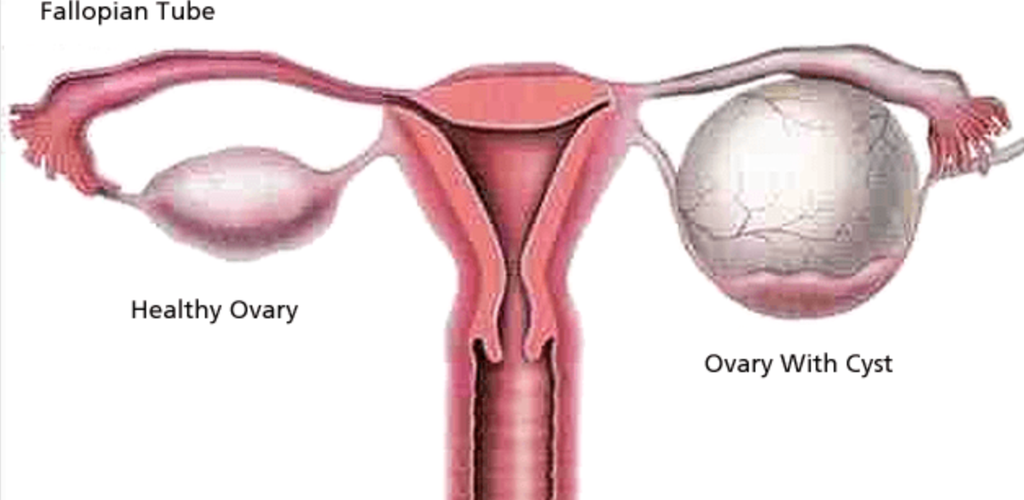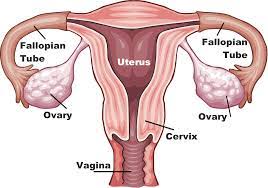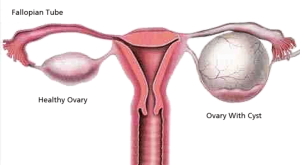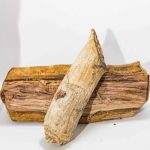
0 0
Herbal Remedy For Ovarian Cysts

If you’re experiencing pain and discomfort in the lower abdomen or pelvis, or even feeling an unusual pressure, it may be because of an ovarian cyst. This condition is a quite common and minor one; however, if left untreated or not treated properly it can have severe consequences. We take our ovaries for granted—these small organs are responsible for producing eggs as well as hormones that aid in reproduction and other functions. In most women, the ovaries are harmless and functional. However, those with family history of ovarian cysts should watch out for the signs and symptoms. This article will help you understand what an ovarian cyst is, why they occur, their risk factors, how to identify them and also how to manage them naturally with home remedies.
What is ovarian cyst?
An ovarian cyst is an abnormal fluid-filled sac that develops on the surface of the ovary. It is also called an endometrioma. These cysts are usually benign, meaning they are non-cancerous. However, a few may be cancerous. This condition is very common in women during their reproductive years or those who have been through menopause. Ovarian cysts are usually small and are often found during an ultrasound when a woman is having her ovaries and uterus examined. Doctors treat ovarian cysts with medication or surgery and rarely do they rupture. If a cyst ruptures, it causes intense pain and a lot of bleeding.

The Symptoms of an Ovarian Cyst
– Severe abdominal pain or cramping that is localized to the lower abdomen and pelvis. – Pain during urination. – A feeling of pressure in the lower abdomen. – Swelling or enlargement of the abdomen. – Nausea or vomiting.

Risk Factors for an Ovarian Cyst
A family history of ovarian cysts or endometriosis. – Menstrual disorders or irregular menstrual cycles. – Age: women between their 20s and 40s are more at risk for ovarian cysts. – Obesity: it can cause an imbalance in the hormones and increase the risk of an ovarian cyst. – Hormonal changes: these include pr-menopause and menopause. – Having a hysterectomy: this surgery can cause an increase in the production of estrogen that may lead to an ovarian cyst.
Natural Remedies to Manage and Heal Your Cysts
Consume more fiber: fiber improves the texture of the stool and helps with any constipation that you may have. – Stay hydrated: drink at least 2 liters of water each day. – Practice deep breathing exercises: they reduce stress and anxiety and also help with constipation. – Drink more water during your menstrual cycle: water helps with cramps and bloating. – Eat a balanced diet: it should include lots of fruits and vegetables, whole grains and protein. – Maintain a healthy weight: losing weight can help with hormonal imbalances that can lead to ovarian cysts. – Yoga and meditation: these are great stress relievers. – Vitamin B: it helps with hormonal imbalances. – Vitamin C: it is a powerful antioxidant that helps with cramps and pain. – Magnesium: it is an anti-inflammatory and antispasmodic. – Vitamin D: it helps with cramps and pain during your menstrual cycle.
0 0



